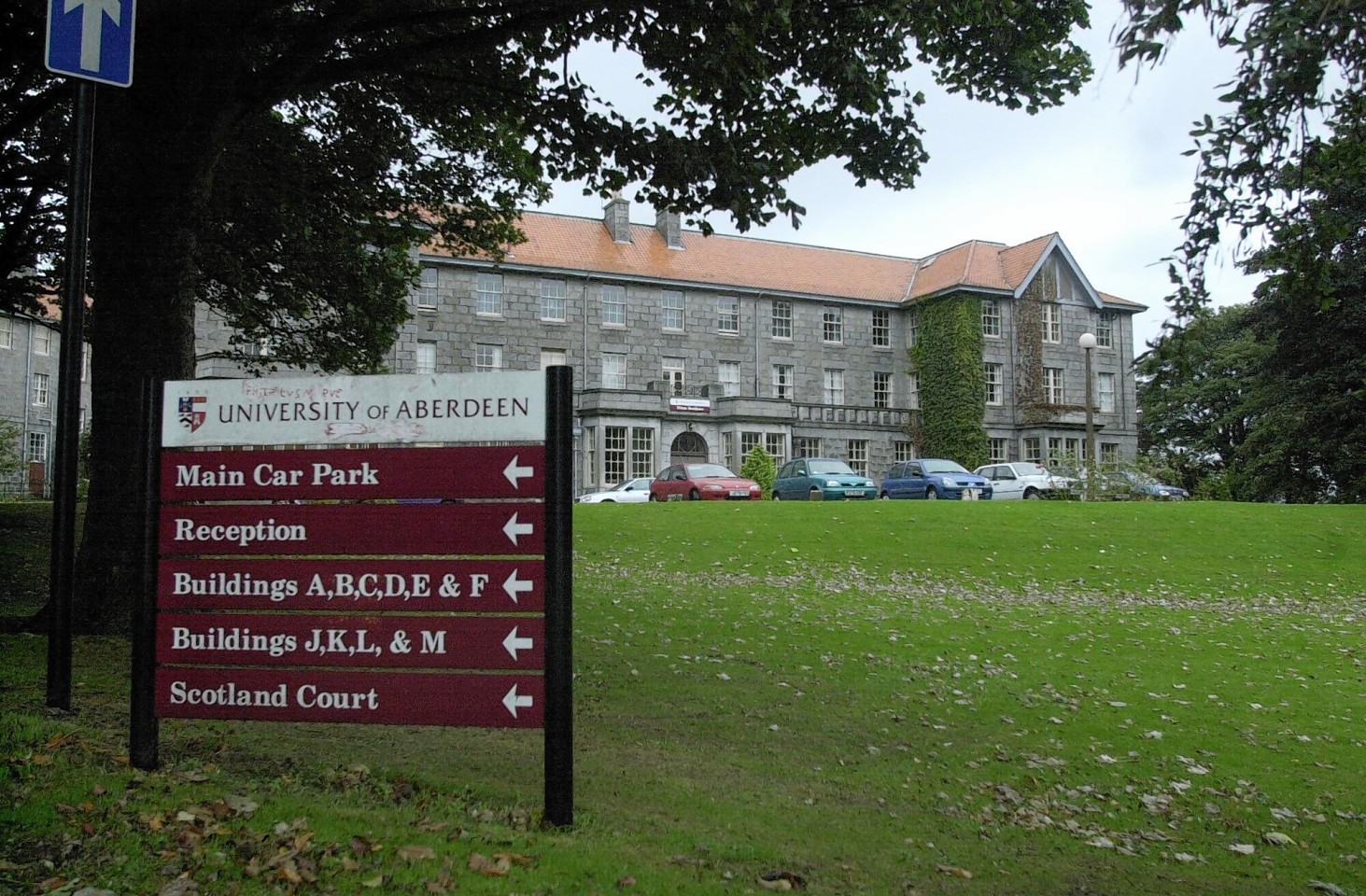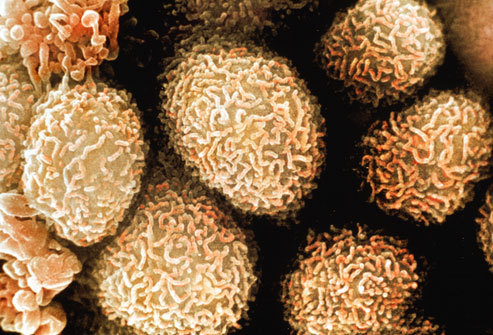Scientists at Aberdeen University have broken new ground with a test to detect the likelihood of developing one of the most common cancers.
The process will determine whether or not non-cancerous growths in the colon – known as polyps – are likely to progress into cancerous tumours.
The number of people diagnosed with polyps has risen since the introduction of routine bowel screening in Scotland in 2007.
The normal course of treatment once the growths have been identified in the colon is to remove them.
However, the new study, led by Dr Janice Drew, senior research fellow of the University’s Rowett Institute of Nutrition and Health, found that genes associated with cell changes can indicate the development of cancer before the tissue itself is recognisable as cancerous.
It is hoped testing the molecules behind the changes will help to better predict the likelihood of whether cancer may develop in the future.
Dr Drew said: “Currently, polyp size and number are the only predictors for screened patients at risk of developing colon cancer in the future, but this is not a sensitive measure of future risk of cancer.
“In addition, although visual assessment of the polyps and the degree of variation from normal colon tissue is made by trained medical staff, there is still a degree of variation.
“Consequently, large numbers of patients who may not develop a cancer still have to go through bowel screening to check for the presence of polyps or development of cancer.
“The development of an objective and effective test would have significant benefits in the fight against colon cancer.”
Colorectal cancer is the fourth most common cause of death from the disease, accounting for 8% of all cancer deaths.











